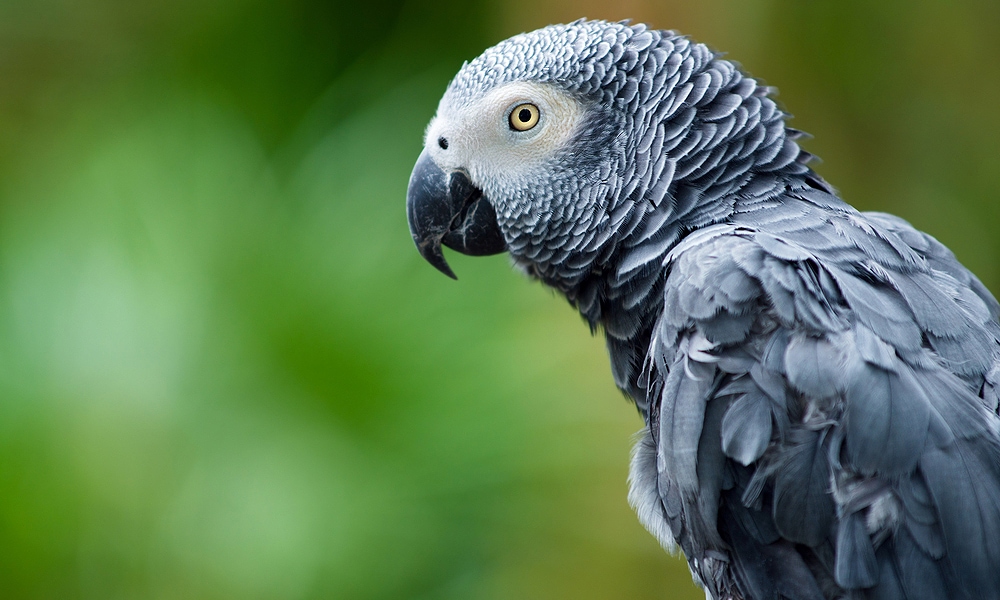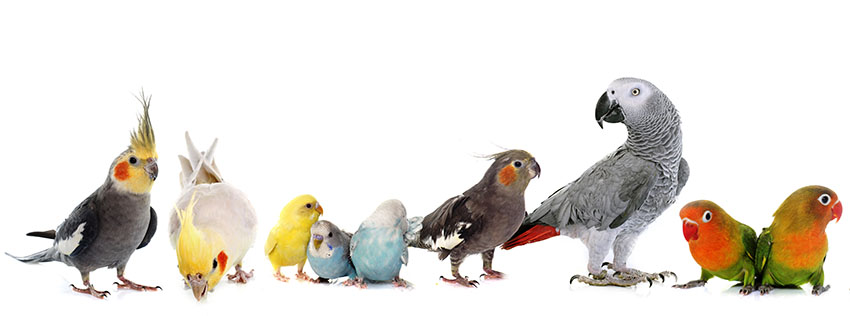Parrot Lifespan: How Long Do Parrots Live?
Are you thinking about adopting a parrot as a pet, but wondering how long they live? Or maybe you already have a parrot and want to ensure they live a long and healthy life. Either way, understanding the lifespan of parrots is essential to providing the best possible care for these intelligent and beautiful birds.
In this article, we will cover everything you need to know about the lifespan of parrots, including their average lifespan, factors that influence their lifespan, and tips for extending their lifespan. So, let’s get started.
Table of Contents
- Introduction
- What is the Average Lifespan of Parrots?
- Factors that Influence Parrot Lifespan
- Species
- Diet and Nutrition
- Exercise and Mental Stimulation
- Genetics and Environment
- Tips for Extending Parrot Lifespan
- Proper Nutrition
- Regular Exercise and Mental Stimulation
- Regular Veterinary Check-ups
- Providing a Safe and Enriching Environment
- Conclusion
- FAQs
1. Introduction
Parrots are beloved pets for their intelligence, beauty, and ability to mimic human speech. However, they require special care and attention to thrive in captivity, including a proper diet, regular exercise, mental stimulation, and veterinary care. Understanding their lifespan and the factors that influence it is essential to providing the best possible care for these intelligent and beautiful birds.
2. What is the Average Lifespan of Parrots?
The lifespan of parrots varies widely depending on the species, with some living only a few years and others living up to 80 years or more. Generally, small parrots such as budgies and cockatiels have a lifespan of 10-15 years, while larger parrots such as macaws and cockatoos can live up to 50-80 years.
3. Factors that Influence Parrot Lifespan
Several factors influence the lifespan of parrots, including species, diet and nutrition, exercise and mental stimulation, and genetics and environment. Let’s take a closer look at each of these factors.
– Species
The lifespan of parrots varies widely depending on the species. Smaller species such as budgies and cockatiels generally have a shorter lifespan than larger species such as macaws and cockatoos. Additionally, some species are more susceptible to certain health conditions than others, which can impact their lifespan.

– Diet and Nutrition
Proper nutrition is critical to the health and lifespan of parrots. A diet that is deficient in essential nutrients can lead to a weakened immune system, which can increase the risk of disease and shorten lifespan. Parrots require a balanced diet that includes fresh fruits and vegetables, grains, nuts, and seeds.
– Exercise and Mental Stimulation
Parrots are intelligent and active birds that require regular exercise and mental stimulation to thrive. A lack of exercise and mental stimulation can lead to obesity, boredom, and other health problems that can shorten lifespan. Providing plenty of toys, perches, and activities can help keep your parrot active and engaged.
– Genetics and Environment
Genetics and environment also play a role in the lifespan of parrots. Parrots that are bred for specific traits may be more susceptible to certain health conditions or have a shorter lifespan than those bred for overall health and longevity. Additionally, environmental factors such as exposure to toxins and other environmental stressors can impact the health and lifespan of parrots.
4. Tips for Extending Parrot Lifespan
If you want to ensure your parrot lives a long and healthy life, there are several things you can do to extend their lifespan. Here are a few tips
– Proper Nutrition
As mentioned earlier, a balanced and nutritious diet is essential to the health and lifespan of your parrot. You should provide your parrot with a variety of fresh fruits and vegetables, grains, nuts, and seeds. Avoid feeding your parrot processed or packaged foods that are high in preservatives and additives.
– Regular Exercise and Mental Stimulation
Parrots require regular exercise and mental stimulation to stay healthy and happy. You should provide your parrot with plenty of toys, perches, and activities to keep them engaged and active. Consider providing puzzle toys, foraging toys, and other mentally stimulating activities to keep your parrot mentally sharp and engaged.
– Regular Veterinary Check-ups
Regular veterinary check-ups are essential to the health and wellbeing of your parrot. Your veterinarian can identify and treat health problems early, which can help extend your parrot’s lifespan. You should take your parrot for a check-up at least once a year and more often if you notice any signs of illness.
– Providing a Safe and Enriching Environment
Your parrot’s environment plays a crucial role in their overall health and lifespan. You should provide your parrot with a safe and secure living space that is free from toxins, dangerous objects, and other hazards. Additionally, you should provide your parrot with plenty of opportunities for socialization and interaction with other birds or humans.
5. Conclusion
In conclusion, the lifespan of parrots varies widely depending on several factors, including species, diet and nutrition, exercise and mental stimulation, and genetics and environment. By providing your parrot with proper nutrition, regular exercise and mental stimulation, regular veterinary check-ups, and a safe and enriching environment, you can help extend their lifespan and provide them with a long and healthy life.
6. FAQs
- How long do parrots typically live in captivity?
- Are certain parrot species more long-lived than others?
- What are some common health problems that can affect the lifespan of parrots?
- Can parrots live longer than humans?
- How can I tell if my parrot is sick?
Read More:Care For Your Domesticated Birds




